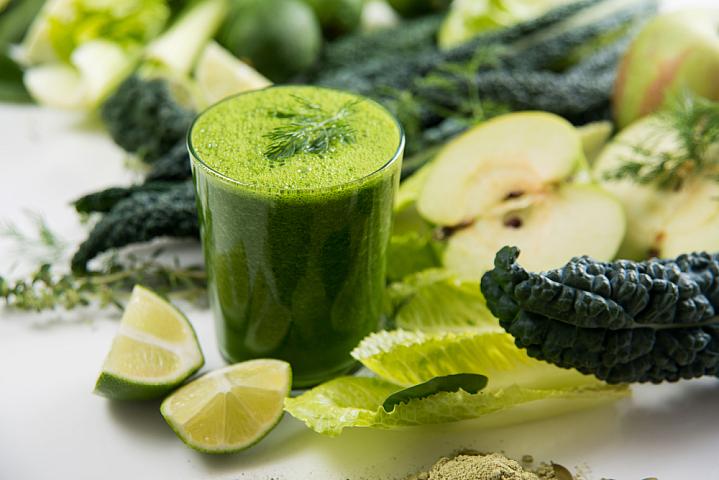
Detox diets have become increasingly popular in recent years, with many people using them to cleanse their bodies of toxins and lose weight. These diets claim to remove harmful substances from the body and improve overall health.
Detox diets typically involve consuming a specific set of foods or liquids for a few days or weeks with the aim of flushing out toxins from the body. Examples of detox diets include juice cleanses, smoothie cleanses, raw food diets, and fasting. Some detox diets may also involve taking supplements or undergoing colon cleansing.
The idea behind detox diets is that they help the body eliminate toxins that are thought to accumulate over time due to poor dietary habits, environmental pollution, and other factors. The theory is that by following a strict diet and consuming only specific foods or liquids, the body can rid itself of these toxins and improve overall health. However, there is little scientific evidence to support this claim.
The body has its own natural detoxification system, which involves the liver, kidneys, and other organs working together to break down and eliminate toxins from the body through urine, feces, and sweat. There is no evidence to suggest that a detox diet can improve the function of these organs or enhance their ability to eliminate toxins.
Many detox diets are highly restrictive and may result in nutrient deficiencies, which can have negative effects on health. For example, juice cleanses and other liquid diets may lack essential nutrients such as protein, fiber, and healthy fats, which are necessary for the body to function properly. Some detox diets may also lead to dehydration, electrolyte imbalances, and other health problems.
Detox diets are often marketed as a way to lose weight quickly. While it is true that some people may lose weight on a detox diet, this is typically due to water loss and not fat loss. Once a person resumes their normal diet, they are likely to regain any weight lost during the detox period. In some cases, detox diets may even lead to weight gain, as the body tries to compensate for the lack of nutrients and calories consumed during the detox period.
Despite these concerns, some people still believe in the benefits of detox diets. They may report feeling more energetic, experiencing clearer skin, and having better digestion after completing a detox diet. However, it is important to remember that these effects may be due to factors other than the detox diet itself. For example, a person may feel better after a detox diet simply because they have eliminated processed foods and alcohol from their diet.
It is also worth noting that some of the reported benefits of detox diets are subjective and difficult to measure objectively. While a person may feel better after completing a detox diet, there is no scientific evidence to suggest that their health has actually improved.
In summary, detox diets are not an effective way to eliminate toxins from the body or improve overall health. They are often highly restrictive, lacking in essential nutrients, and may even lead to negative health effects.
Instead of turning to a detox diet, it is important to focus on adopting healthy habits that support the body’s natural detoxification system. This includes eating a balanced diet that is rich in fruits, vegetables, whole grains, and lean protein, staying hydrated, getting regular exercise, and getting enough sleep. By making long-term lifestyle changes, you can improve your overall health and well-being.